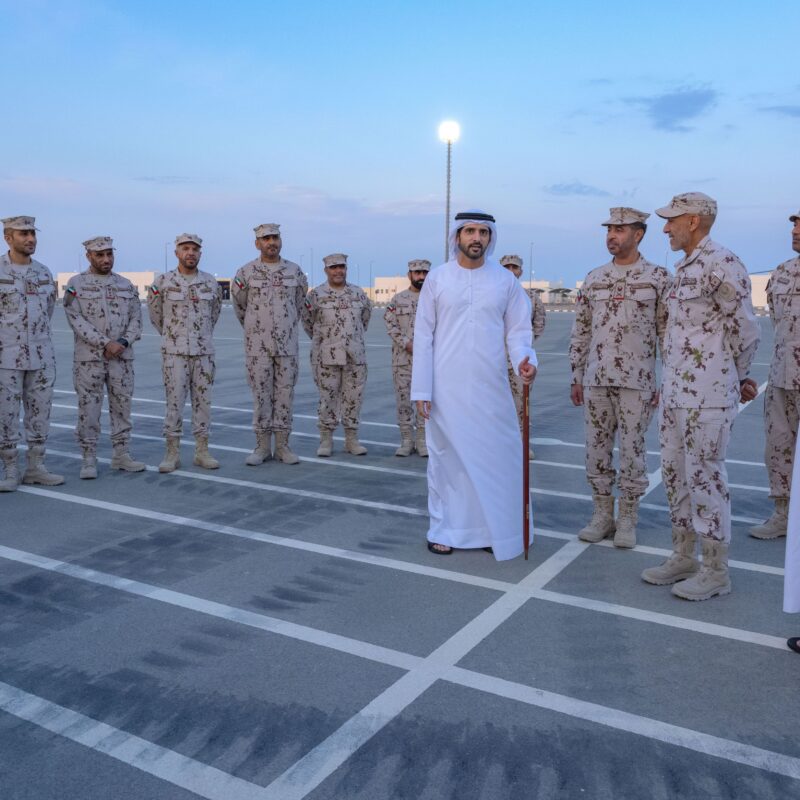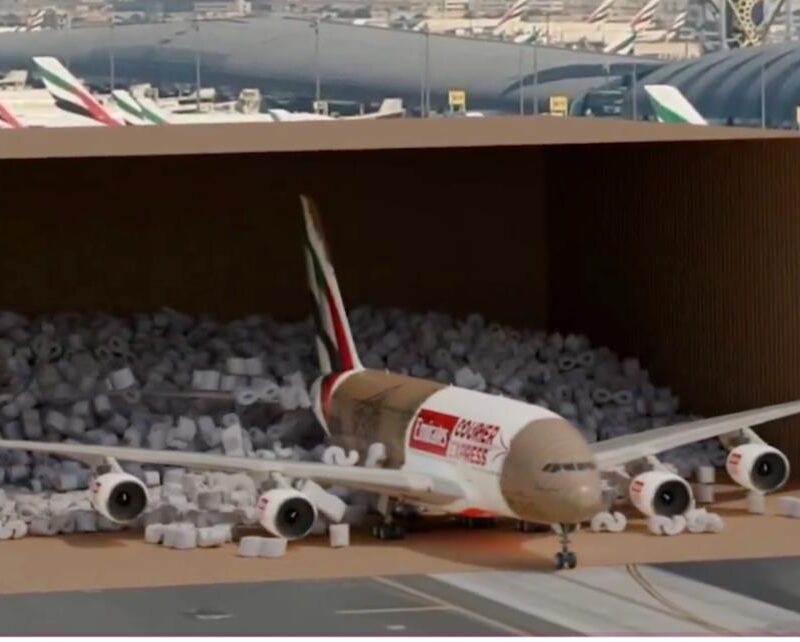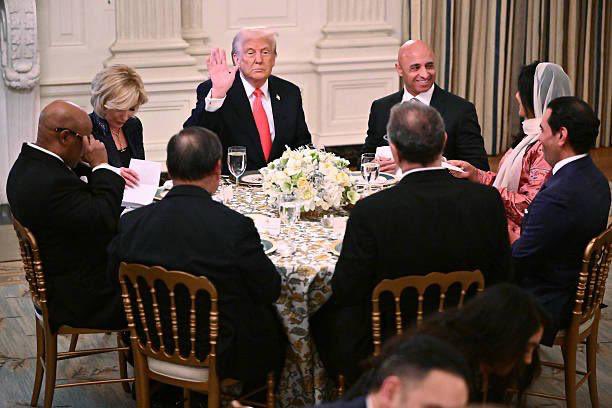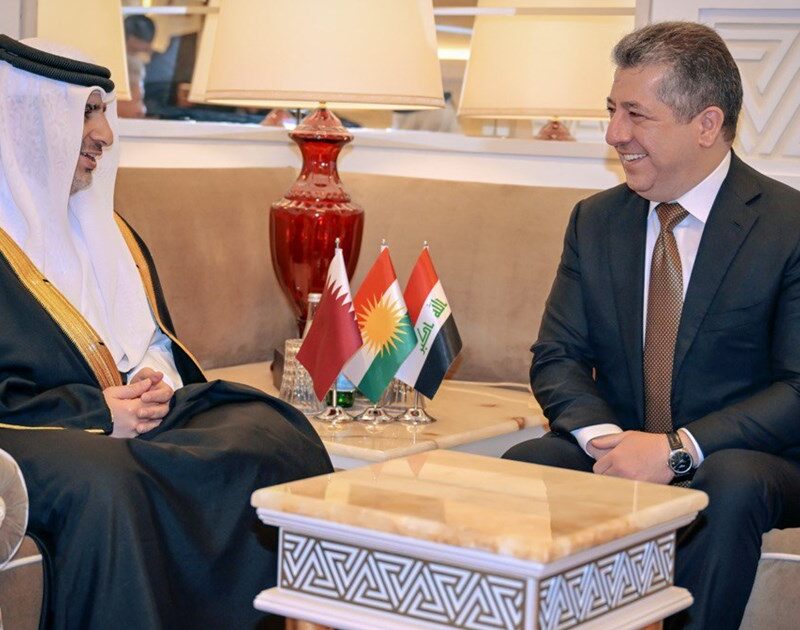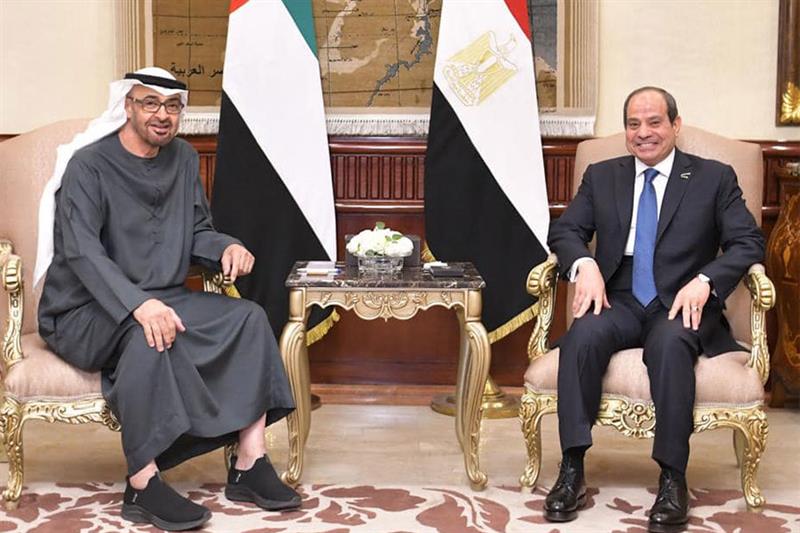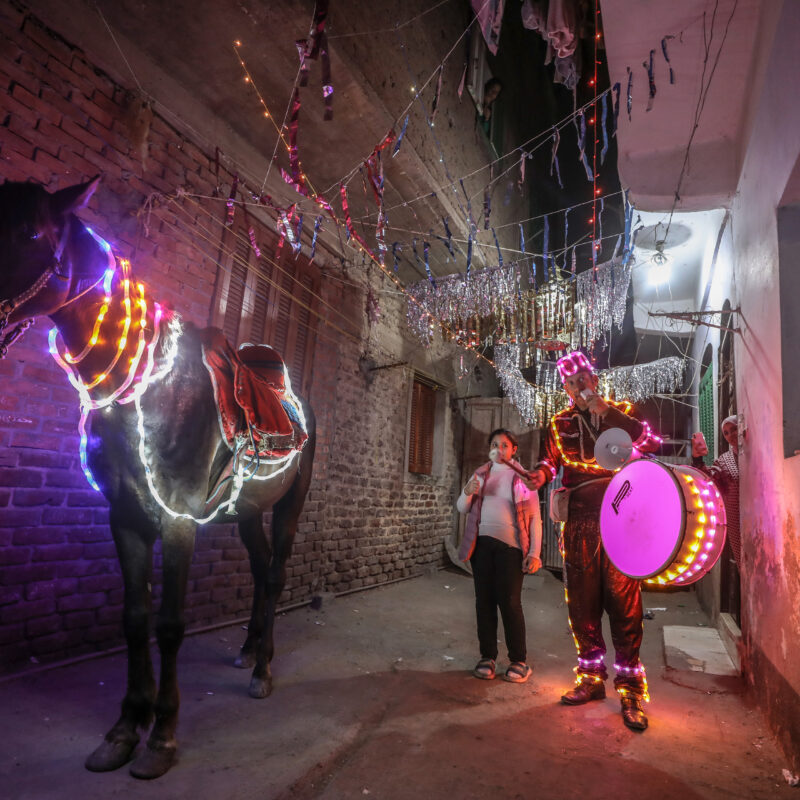The Weekly Circuit
👋 Good Monday morning in the Middle East!
The United Arab Emirates and Israel will sift through the wreckage this week of one of the biggest would-be deals between the two countries since the September 2020 Abraham Accords. Regulatory authorities are being blamed for the collapse of a $675 million bid by Abu Dhabi’s ADQ sovereign wealth fund to buy control of Phoenix Holdings, Israel’s largest insurance company. While UAE leaders say they’re committed to normalization with Israel, the failure to close the Phoenix sale deals a setback to efforts at strengthening the relationship. Details in the section below.
Israel’s internal political clashes and seven months of civil discord will come to a head this week when the Knesset votes on a key part of Prime Minister Benjamin Netanyahu’s proposed judicial overhaul package. Tech companies, venture capitalists and Israel’s central bank are assessing the economic damage from possible capital flight and corporate relocations amid concerns about weakened legal protections for international business.
Israel’s biggest labor union, the Histadrut, is weighing a national strike that would shut down government offices and public transportation. President Joseph Biden made his own appeal for Netanyahu to apply the brakes. “From the perspective of Israel’s friends in the United States, it looks like the current judicial reform proposal is becoming more divisive, not less,” Biden said in a statement to the Axios news site.
Netanyahu defended the judicial reforms last week, condemning protest leaders as lawbreakers and asserting that the changes will strengthen democracy in Israel, not weaken it. The 73-year-old prime minister, whose governing coalition holds a four-seat edge in the Knesset, said he was determined to pass legislation on Monday or Tuesday that will curb Israel’s highest court from overturning government decisions and appointments on the basis of “reasonableness.”
As his party allies prepared for the vote and protesters set up a tent encampment outside the Knesset grounds, Netanyahu underwent surgery to implant a pacemaker, a week after collapsing on a family trip to the Sea of Galilee. The prime minister postponed the weekly cabinet meeting on Sunday on doctor’s orders, but insisted that he felt fine and would be present in parliament to vote.
Also postponed in the wake of the medical procedure was a planned visit by Netanyahu to Turkey for a meeting to talk about trade with President Tayyeb Recip Erdogan. The get-together with Erdogan, who was elected in May to a third term, would have been the first between the two leaders after a decade of political tensions.
Since his election victory, Erdogan has himself been traveling to drum up support for international investment in Turkey and its struggling economy. In a July 17 visit to Saudi Arabia, Erdogan came away with an agreement to sell Turkish-made drone aircraft to the kingdom. The Turkish leader also emerged with trade agreements from visits last week to the UAE and Qatar. Erdogan presented the leaders of all three Gulf states with Turkish-made Togg electric vehicles as gifts.
The $11 billion loss posted by Saudi Arabia’s Public Investment Fund hasn’t chilled its appetite for acquisitions as it considers buying at least one more European soccer club, Bloomberg reported. The kingdom’s decision to cut back on oil supplies, however, is unlikely to push crude prices above $100 a barrel as other members of OPEC reject broader proposed reductions, Goldman Sachs said in a report. U.S. shale companies can also raise output to make up for shortages, according to the report.
Welcome to The Weekly Circuit, where we cover the Middle East through a business and cultural lens. Read on for the stories, deals and players at the top of the news. Please send comments and story tips to [email protected].
Summer Break: Please note that The Circuit will be taking a break over the next two weeks. We will be back in your mailbox on Monday morning, Aug. 14.
Spread the word! Invite your friends to sign up.👇
UNINSURED DEAL
Abu Dhabi’s ADQ drops bid to buy Israel’s Phoenix Holdings

An investment group led by Abu Dhabi’s government-owned ADQ fund called off a proposed deal to buy control of Phoenix Holdings, Israel’s biggest insurer, citing regulatory issues. In a report to the Tel Aviv Stock Exchange early Sunday, Phoenix said the draft agreement it filed with the ADQ consortium in December was terminated, The Circuit’s Jonathan Ferziger reports.
Abraham Accords: The deal was one of the largest between companies in the United Arab Emirates and Israel since the two countries normalized relations almost three years ago under the U.S.-backed Abraham Accords.
Regulatory limitations: “The parties have come to a mutual understanding regarding termination of the term sheet… in light of the potential regulatory limitations that would have arisen from the acquisition of the controlling stake by the consortium resulting in potential restrictions for several members of the consortium to undertake additional material investments in Israel,” the Phoenix statement said.
Climbing trade: ADQ, the third-largest Abu Dhabi sovereign wealth fund with close to $160 billion in assets under management, offered as much as $675 million for a stake of 25-30% in Phoenix in negotiations with the Israeli company’s controlling U.S. shareholders, Centerbridge Partners and Gallatin Point Capital. The UAE and Israel signed a free-trade agreement last year that the two countries predict will generate $10 billion in annual bilateral economic activity by 2026.
Committed to normalization: UAE officials have said they are committed for the long term to normalization with Israel, even as the government has publicly criticized Israel’s handling of clashes with the Palestinians.
FEEDING THE PLANET
From Oreos and Pepsi to sustainable agriculture
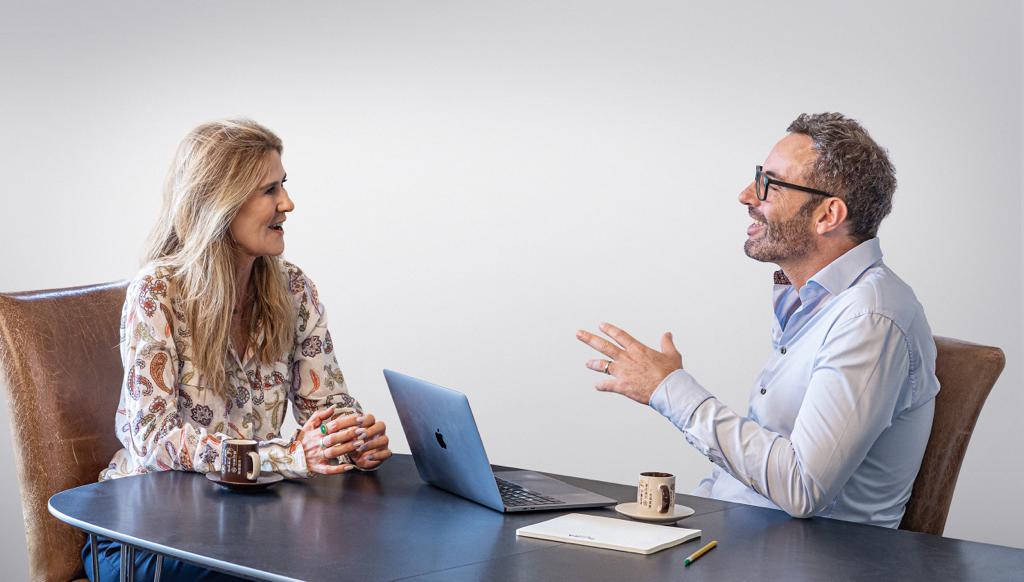
Over the past 16 years, Gil Horsky has been developing global strategies for selling Oreo cookies and Pepsi-Cola. Now he’s using his experience at Mondelez International and PepsiCo, two of the largest snack-food manufacturers, to build a venture capital fund focused on healthy eating, desert farming and sustainable methods for feeding the earth’s population, The Circuit reports.
Kibbutz farms: Horsky, 47, and his partner, Esther Barak-Landes, announced last week that they raised $50 million for their new Tel Aviv-based fund, Flora Ventures, and expect to attract another $30 million. The fund will invest in so-called agrifood companies, Horsky said, with backing from the Harel Group, Israel’s fourth-largest insurer; Haifa Group, a maker of fertilizers and plant nutrition products; and Sadot Kibbutzim, a cooperative marketing organization representing 185 kibbutz farms. Flora is also in discussions with possible investors from Arab countries in the Gulf, he said.
Parallel universes: “We specifically invest in companies that are in the agrifood value chain, always touching one of two parallel universes, either human health or planetary health,” Horsky told The Circuit. “On the human health side, we’re looking at companies in areas such as sugar reduction, functional ingredients and food as medicine,” he said. “On the planetary health side, we’re interested in… sustainable packaging. regenerative agriculture…. and the whole movement of food security – how do we grow more with less and how are we more efficient with our water usage.”
Skin and bones: Flora plans to invest between $1 million to $4 million in promising startups, Horsky said. The fund recently made its first investment in Arrakis Bio, which is developing technology for the animal-free production of collagen – the primary component of skin, muscles, bones, tendons and ligaments – and gelatin, the basis for many food products.
Gulf interest: Horsky said Israel’s expertise in desert agriculture has attracted attention from investors in the Gulf, where the arid climate has made food security and farming technology a government priority, and led to a series of meetings on the possibility of investing with Flora.
Circuit Chatter
Ultra-High: Apollo Global Management is forming a team focused on investment firms catering to the world’s ultra-high-net-worth clients, Bloomberg reported.
Hydrogen Cars: UAE’s ADNOC plans to open the region’s first high-speed refueling station for hydrogen-powered vehicles this year in Abu Dhabi’s Masdar City.
Beware Spyware: The U.S. blacklisted two European spyware companies, Intellexa and Cytrox, both led by Tal Dilian, a former Israeli general in military intelligence.
Curbing AI: The UAE and Israel were among countries consulted in the White House agreement with seven companies to observe voluntary restrictions on AI development.
India Branch: The Abu Dhabi Investment Authority, the UAE’s largest sovereign wealth fund, announced plans for an office in India’s Gujarat International Finance Tec-City.
Crypto Expansion: The cryptocurrency trading platform Bitget opened an office in Dubai and plans to hire up to 60 people as part of its Middle East expansion.
Secure Insurance: Japanese insurer Sompo set up a cybersecurity center in Israel and created a software development group to secure its products against cyber threats.
Tunisian Investment: Tunisia’s Foreign Minister Nabil Ammar traveled to Kuwait for talks on boosting financial ties and diversifying investment in the North African country.
Camel Milk: Saudi Arabia’s Public Investment Fund set up a company to support the camel dairy industry. The venture will promote camel milk’s health benefits for humans.
Closing Circuit
Oil Stake: Saudi Aramco, the world’s largest oil company, completed the $3.4 billion purchase of a 10% stake in China’s Rongsheng Petrochemical.
Grain Loan: Egypt, one of the world’s biggest wheat importers, is in talks with the UAE for a $400 million loan to help it buy grain, Egypt’s supply minister told Bloomberg.
Weed Inhaler: Philip Morris is set to acquire Israel’s Syqe Medical, which uses an inhaler to administer medical cannabis for pain relief, a deal potentially worth $650 million, Calcalist reported.
Neom Loan: Saudi Arabia’s futuristic Neom city project is seeking $2.7 billion to support the early stages of construction on the kingdom’s western coast, Bloomberg reported.
AI Supercomputer: Cerebras Systems signed a $100 million deal to deliver the first of what could be up to nine AI supercomputers in partnership with UAE-based G42.
Egypt Expansion: Flash, an Egyptian fintech startup, secured $6 million in a seed funding round to accelerate its expansion plans.|
Sit Down: Keter Group, an Israeli maker of plastic chairs and other low-cost furnishings, is up for sale at an estimated valuation of $1.7 billion.
Cutting Emissions: Saudi Aramco’s venture capital arm invested in Tenderd, a UAE company supported by Peter Thiel, which uses AI to monitor and reduce emissions.
Raising Cash: TLV Partners, an Israeli venture capital firm, raised $250 million to close a fifth fund, bringing its assets under management to $1 billion.
Taxi IPO: Dubai’s Roads & Transport Authority invited investment banks to pitch for taking part in the planned IPOs of its taxis and parking businesses, Bloomberg reported.
Philippines Finance: Dubai-based Astra Tech signed an agreement to acquire a 90% stake in Y Finance, a loan financing company in the Philippines.
On the Circuit
Amin Nasser, CEO of Saudi Aramco, joined the board of directors at BlackRock, the world’s largest asset manager.
Shari Arison, Israel’s wealthiest woman, sold more of her stake in Bank Hapoalim and is no longer a “party of interest” in the country’s No. 2 lender, which she once controlled.
Scott O’Neil, CEO of Merlin Entertainments, which operates Madame Tussauds wax museum, told The National he sees great growth prospects in Saudi Arabia and Dubai.
Brendan Nelson, president of Boeing Global, met with Israeli Prime Minister Benjamin Netanyahu in Jerusalem to discuss the company’s operations and investments in the country.
Ahead on the Circuit
Sept. 5-6, Tel Aviv, Israel: Agro-Mashov Conference 2023. Growers, buyers, retailers, wholesalers, importers gather for annual Israeli agricultural conference. Expo Tel Aviv.
Sept. 11-13, Riyadh, Saudi Arabia: Saudi Water Expo. Investors and leaders from industry and government discuss prudent use of the region’s water resources. Riyadh International Convention and Exhibition Centre.
Sept. 13-14, Riyadh, Saudi Arabia: IDC Saudi Arabia CIO Summit. Chief information officers explore new digital trends in business. Fairmont Riyadh Hotel.
Sept. 14-15, Abu Dhabi, UAE: Super Angels Summit 2023. Angel investors meet with startup founders at annual conference. Abu Dhabi National Exhibition Centre.
Sept. 19, Dubai, UAE: Middle East Investment Conference. Asset owners, managers, investors discuss latest trends in regional market. Ritz Carlton, DIFC.
Oct. 2-5, ADIPEC 2023: Abu Dhabi International Petroleum Exhibition & Conference brings oil industry together to discuss trends and strategy. Abu Dhabi National Exhibition Centre.
Culture Circuit
Singing in Jerash: Popular Arab entertainers, art exhibitions and fashion shows will be among the 343 activities featured in Jordan’s annual Jerash Festival of Culture and Arts, which kicks off at the ancient site’s Roman amphitheater on Friday. Among the most anticipated singing acts at the festival, which runs through Aug. 6, are Jordan’s Diana Karzoun, Saudi Arabia’s Khalid Abdulrahman, Lebanon’s Wael Kfoury, Syria’s George Wassouf and Egypt’s Tablet Elsitt.
Hip-Hop in Jerusalem: Louisiana’s Tank and the Bangas will bring a taste of hip-hop soul music to the annual Israel Festival, which runs from Aug. 1 to 11. Other acts featured on stages across Jerusalem are Israel singers Rita, Shai Tsabari and Mark Eliyahu; along with Turkish musician Omar Faruk Tekbilek. Another standout: “This American Life” radio host Ira Glass will perform Etgar Keret’s “Half-Baked Stories About My Dead Mom” in a stage show alongside the best-selling Israeli author.
Sustainable Golf: The $9 million Dubai Desert Classic received certification from the nonprofit GEO Foundation for Sustainable Golf, a first in the Middle East. The classification recognizes efforts by organizers of the January tournament sponsored by Hero Motocorp. to use solar power, offer water refills to reduce plastic bottle use, lower carbon emissions through biofuels, encourage fans to use public transportation and cut paper waste with digital ticketing.


